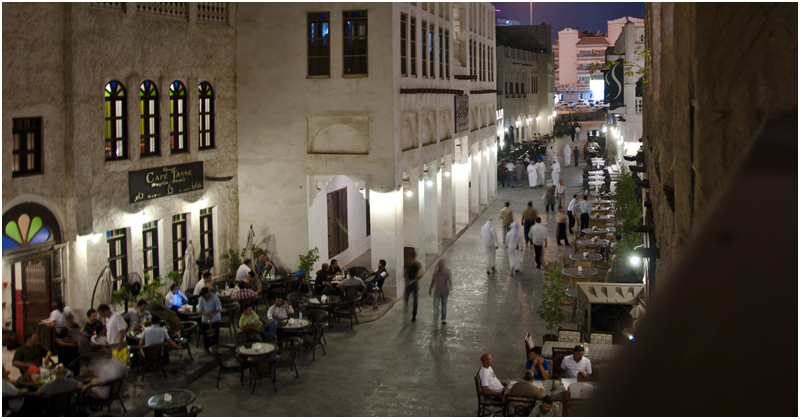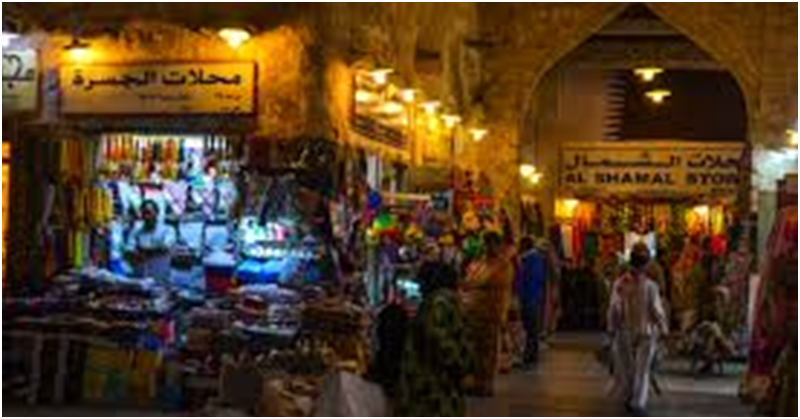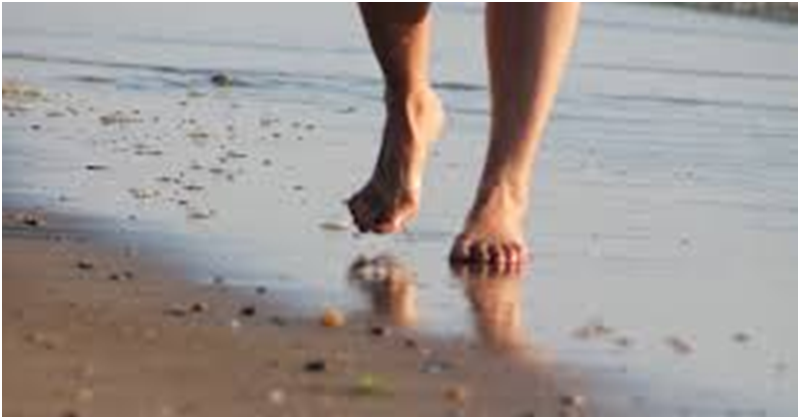They say the best way to show respect to another person or group is not to be simply accepting of their customs and traditions, but to also do what they do on regular days, most especially when you’ve decided to live in their country – whether for work or other personal reasons.
ALSO READ: Things to Avoid and Social Media Etiquette in Qatar
That being said, our focus will be on Qatar, which you may know by now is a Muslim country located in the Middle East. You might want to hold onto some of the things you may have heard about Muslim culture, but keep an open mind to learn a new thing or two, if not a lot from this brief post.

[Guide] Social Etiquette in Qatar
The main thing here is to exercise respect and understanding as to why certain groups of people or individuals act or behave the way they do. As we know, each of us has unique personalities, habits, temperaments, as well as beliefs. In order to understand our Qatari brothers better, here is a short list of the things to do and avoid (especially in public):

Things to Do:
- Generally speaking, any form of courtesy is a sign of respect anywhere in the world. Greet people and address them accordingly when engaging them in conversation.
- Dress modestly and cover up especially in public areas such as marketplaces, souqs, as well as worship temples or mosques.
- Take cabs such as Karwa, Al Million and Alijarah turquoise taxis, which are safe, clean, and metered when getting around the city. Majority of the drivers can speak English. Also when booking a taxi by phone, be sure to allot ample time as there can be delays to the pick-up and arrival.
- Haggling in shops and at souqs or marketplaces is common across the region. Remember to counter an item’s original price below the amount for which you are willing to spend and slowly work your way to this amount.
- Pay attention to separate counters and sections designated for women in banks and utilities.
- Take in the Qatari nightlife as it is one of the safest places in the world. During the summer and Ramadan, it’s common to see people around town up until the early hours in the morning.
- Remember to drink lots of water and other beverages, as temperatures can reach over 40 degrees Celsius. You will need to drink at least two litres a day under this kind of temperature. Deep yellow urine is a sign of dehydration.
- Also, remember to apply sunblock on all exposed skin throughout the year. Wear closed footwear, as well. Children and fair-skinned people also need a hat or cap.

Things to Avoid:
- Do not look or stare intently at people no matter how fascinated you are with their clothing. This is considered rude in a society where dressing up modestly and behaving conservatively is mandatory.
- Do not ask an Arab lady for directions if you are a man. Take note that some Arab ladies are private people in public places. Since they are more than willing to help other women, if you are in a mixed group, it’s best to have the ladies do the talking.
- Do not take it personally if a Muslim refuses to accept your handshake. This is mostly common among Muslims of the opposite sex. This is considered a religious prohibition rather than a personal preference.
- Do not take photographs of other people especially Muslims (as well as the police or armed forces) and sensitive locations without asking for consent.
- Do not use your left hand when feeding among Muslims. The right hand must be used for feeding because the left hand is reserved for personal hygiene.
- Do not sit with the soles of your feet facing towards your Qatari hosts as this is considered an insult. Also, do not sit with your back facing other guests.
- Do not drink too much alcohol that your behaviour would be affected in public. Consumption of alcohol in Qatar is strictly regulated, and there is zero tolerance for drunkenness, rowdy behaviour, and most especially drunk driving.
- Do not walk barefoot at the beach or while swimming at sea as you may step on a poisonous stonefish hiding underneath the sand. Also, watch out for jellyfish attacks, particularly during the summer months.
This simple guide should help you maximize your experience while exploring Qatar, or even as a resident living in the country. There is still much to be discovered that only you can find out for yourself as you begin to see life through the eyes of the locals and other expats living in Qatar. But the most important thing is to exercise respect for the people and their culture.

